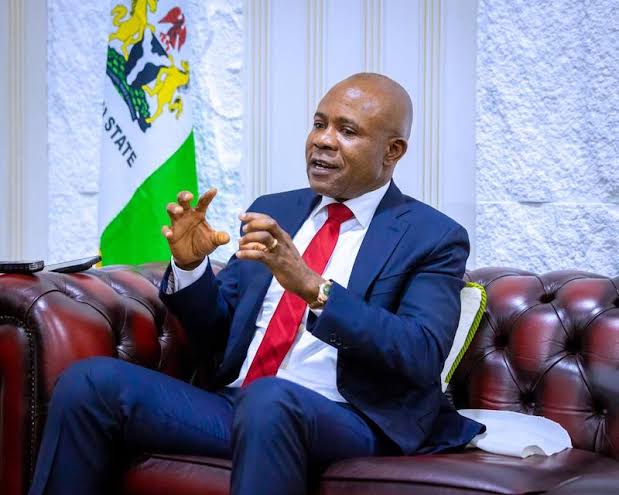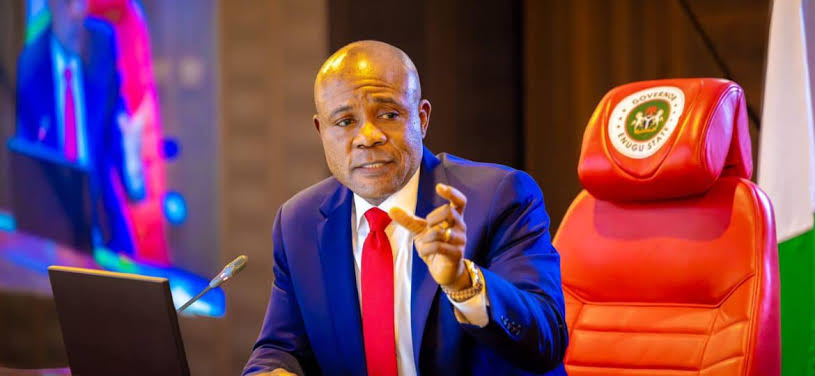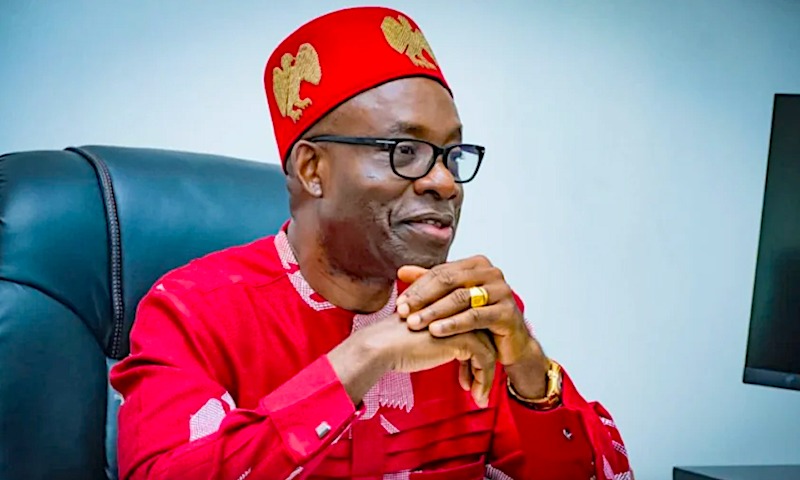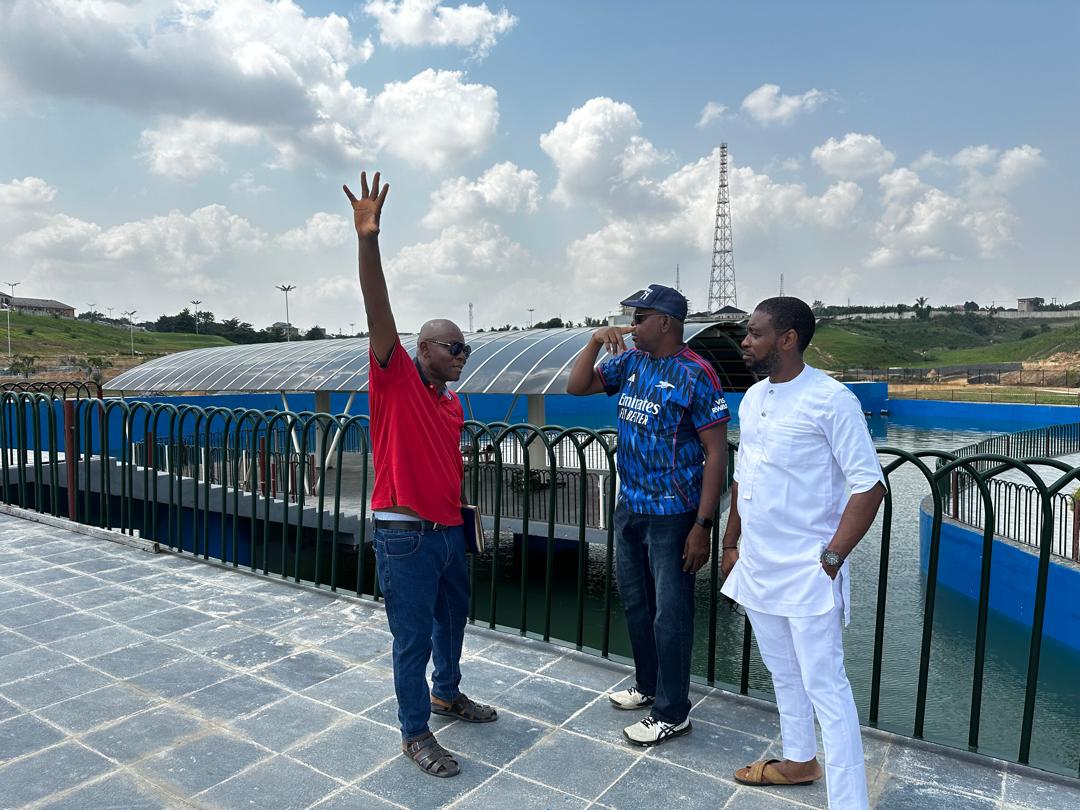Governor Peter Mbah came into office with bold promises and ambitious plans to transform Enugu State into a hub of economic and infrastructural excellence. From digital governance to development blueprints, he sold a vision that many believed in. But today, many citizens are asking a painful question: Is Mbah really working for the people or against them?
Across the state—from the bustling streets of Ogbete to the quiet corners of Nsukka—the cry is the same. Traders are groaning under the weight of taxes, levies, and multiple payments disguised as developmental charges. Small businesses, the backbone of any growing economy, are collapsing. A trader now spends more time calculating tax expenses than actual profits. How do you build a state by crushing the very people that fund its growth?
Housing is fast becoming a luxury. After paying all the numerous government-imposed charges, most citizens can no longer afford to renew their rent. The cost of living has soared, but salaries remain stagnant. Where does the common man fit into this “development”?
Security is another painful area. Reports of rising insecurity—robberies, kidnappings, and cult clashes—continue to haunt residents. If government truly exists for the welfare of the people, why does safety now feel like a privilege in Enugu?
Governor Mbah may be building roads, signing MOUs, and pushing digital reforms, but at what cost? What is the value of a megaproject when the people it’s meant to serve are hungry, unsafe, and unhappy?
A government must balance development with compassion. There’s no wisdom in building skyscrapers while citizens sleep hungry beneath them. There’s no glory in beautifying a city when its people live in fear and frustration.
**Yes, Mbah is working—**but the people are dying, traders are crying, and families are breaking under the weight of hardship. That is not the kind of progress Enugu State deserves.
It’s time for the governor to listen. Development is not just about projects; it is about people. Reduce the burden. Invest in security. Ease the pressure on traders. Let the people breathe.
Only then will Enugu truly rise—not in buildings, but in the well-being of its people.
By: Ike Emmanuel




